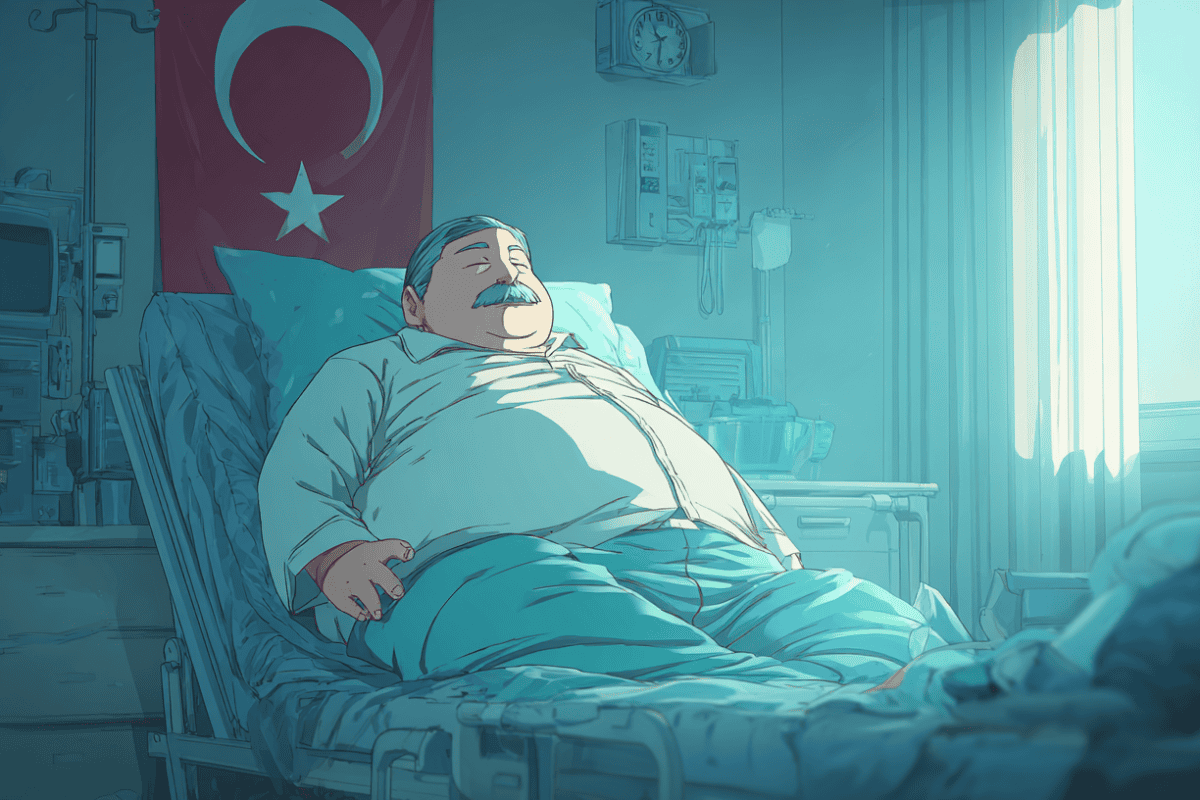Assisted reproductive technologies are a lab-based treatment that fertilises sperm and eggs outside the human body. ICSI is known to improve fertilisation rates for patients with past conception failures or those with male factor infertility. ICSI treatment is a specialised type of assisted reproductive technology procedure. The procedure is a type of IVF treatment. It is performed with a micromanipulation technique.
This involves the use of fine surgical tools and a high-powered microscope. Sperm is placed into a woman’s egg through a needle in a clinical setting. It is directly injected into the egg or oocyte’s cytoplasm to develop into an embryo or a fertilised egg.
When is ICSI performed?
Intracytoplasmic sperm injection is the most successful and common treatment for male infertility. This treatment is recommended when:
- Men have a sperm count much lower than 20,000,000 sperm per millilitre of ejaculate
- Men are experiencing issues with sperm motility
- Men are facing problems with sperm development
- Men have a high incidence of anti-sperm antibodies that damage sperm in their semen
- Poor sperm quantity and quality in the frozen sample
- Blockages preventing sperm from being ejaculated, like after a vasectomy
- If couples are aiming to increase the number of high-quality embryos from a single egg retrieval
ICSI is also possible when the sperm count is 1 or 2 million/ml. This is good news, especially for couples who want to undergo treatment at the best IVF centre in Hyderabad.
ICSI process
When IVF is used with intracytoplasmic sperm injection, it allows otherwise sterile couples to become parents. As with regular IVF, the woman takes fertility medication to stimulate production of eggs in her ovaries. Here are the details:
Ovarian stimulation
After taking the medication, the doctor monitors the development of the eggs. The ICSI procedure is possible when the egg is ready for retrieval. Medications to stimulate the ovaries are given for approximately 8 to 14 days to produce multiple mature eggs, increasing the chances of pregnancy.
Retrieval of sperm and eggs
Here, a doctor performs the procedure to collect eggs and combine them with the collected sperm for fertilisation. The man produces a sperm sample, ejaculating into a cup, or the sperm needs to be surgically retrieved. Sometimes, the doctor may perform the sperm retrieval procedure earlier and keep it frozen.
Multiple eggs are harvested from the woman’s ovaries using a fine needle and an ultrasound probe. This procedure is not painful. It may cause slight soreness and bruising.
Fertilisatioicn
After retrieval, the semen sample is washed, and the be IVF doctor in Hyderabad isolates a single sperm. It is then injected into an egg with a very fine hollow needle. The embryologist carefully selects the best quality sperm and injects it into each mature egg under a microscope. Since the sperm is injected directly, it skips the need to swim through the cervical fluid and takes up to 24 hours to fertilise an egg and create an embryo.
Embryo development and transfer
The fertilised embryos are kept in a lab for 3 to 6 days and monitored for signs of growth and development. Only healthy and viable embryos are selected for transfer. Once the embryo has reached a certain stage of development, one or two of them are selected and transferred to the woman’s womb through an ultrasound-guided catheter. This may happen 2 or 5 days after fertilisation. It is a straightforward procedure that typically lasts around 5 minutes.
Pregnancy test
Two weeks later, the doctor performs a pregnancy test to confirm pregnancy.
Sperm analysis
Before ICSI treatment, the fertility team collects the sperm and eggs, which involves ovulation induction, where medication injections stimulate the ovaries, resulting in the production of mature eggs. Transvaginal ultrasound technology guides a needle into the ovaries to collect the eggs after you have been given mild anaesthesia for comfort. Additionally, the collected sperm is analysed for mobility, volume, and quality.
The cost of ICSI fertility treatment typically starts at Rs 1,50,000, but it may vary depending on the fertility hospital you choose. Treatment in Tier I cities is more expensive than in Tier II and Tier III cities.
Conclusion
If previous IVF attempts were not successful, ICSI IVF is an effective alternative treatment option. This infertility treatment overcomes certain barriers encountered in standard IVF, providing you with a better chance of achieving pregnancy. Your fertility specialist guides you through the process and explain any specific instructions or considerations relevant to your unique case.
Digital Health Buzz!
Digital Health Buzz! aims to be the destination of choice when it comes to what’s happening in the digital health world. We are not about news and views, but informative articles and thoughts to apply in your business.


